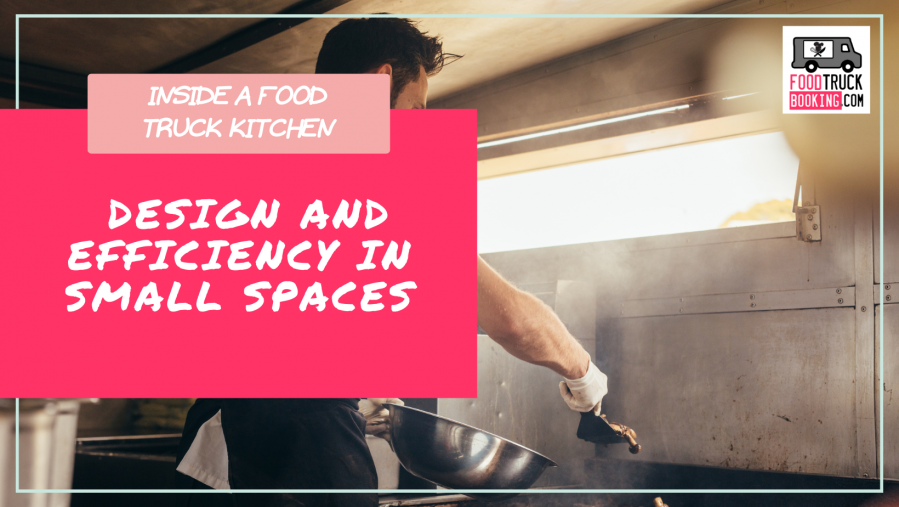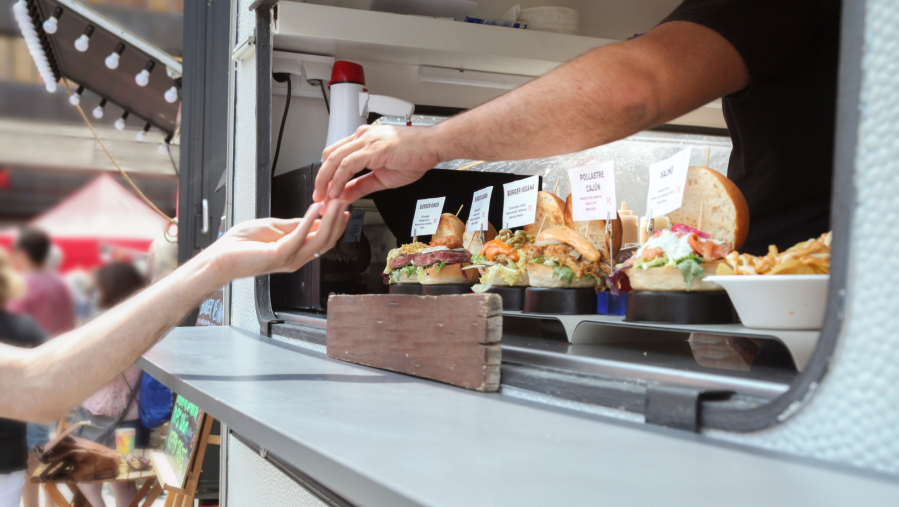Inside a Food Truck Kitchen: Design and Efficiency in Small Spaces
Posted on 06/01/2023 by FTB
Food Trucks are famous for serving up delightful culinary delights in every conceivable genre. From tacos to gourmet cupcakes, you name it, and there's likely a Food Truck out there serving it. But have you ever wondered how a Food Truck kitchen functions? Today, we take you on a behind-the-scenes journey to see how these small spaces are designed for optimal efficiency.





